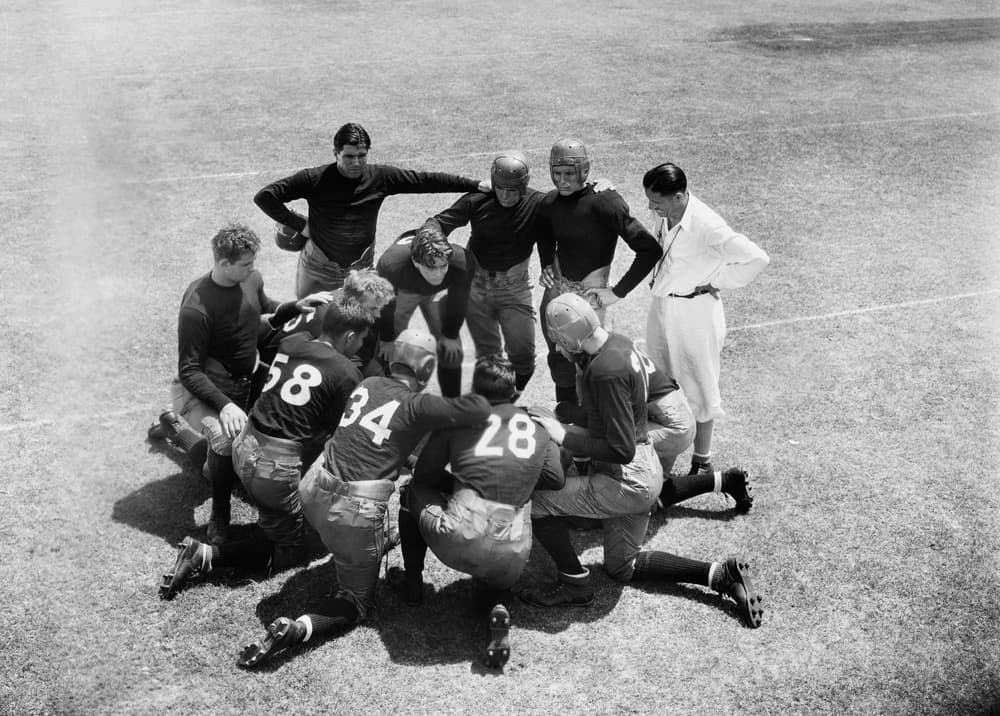
Whether your carrier/TPA is a small firm in your state or a larger nationwide facility located on the opposite coast of the US, you will always have to have some sort of interaction with them.
Claims will never be avoided, and since you are the employer, risk manager, claims coordinator, whatever your title may be, you need to know who to reach out to with questions. If the only source of contact with your carrier/TPA is a 1-800 number to call with questions, you probably will not get very far. You may eventually get to the right person, but it could take you all morning.
Click Link to Access Free PDF Download
“How Do I Get My Adjusters To Follow My Account Handling Instructions?”
To avoid such a scenario, you need to know who is handling your claim, where they are located, and how they can help you. The more you personalize your relationship with them, the better they will work for you, and the quicker your questions will be answered. Even if you only have a handful of claims per year, adjusters will respond to those employers with whom they have a good interpersonal relationship.
Here are 5 ways to improve your relationship with your adjusting team:
-
Know your adjuster and their team
If you do not have a lot of claims per year, or you are a smaller companny with limited exposure, you may not know which carrier/TPA office location will be handling your claims. Maybe they start in one city, such as Boston, then end up in Philly. Or perhaps they start and end in Milwaukee. Do you know who has your claims, where they are, and who to contact with questions?
If you call your agent/broker, they may have the answer to this question. But with insurance carrier/TPA offices becoming more and more consolidated, even your Agent may not be 100% sure. So reach out to your carrier/TPA and find out if a dedicated local office will be handling your claims. Or, maybe they will start at their Home Office in Boston, and then be transferred out to a local office in your state if it is a lost-time claim, a claim that needs special investigation, or a claim that has issues with compensability. If you know who to call or email with questions, it will make filing claims and getting answers to your questions that much easier and quicker.
-
Communication is key
The main reason a claim derails from running smoothly is a lack of communication. Whether it is from the employee not talking to the adjuster or a miscommunication between the employer and the adjuster, communication is extremely important when dealing with any aspect of claim handling. Be sure to check with your adjuster on all open claims, including their current status and plan to resolve the claim.
Even if you only have a handful of claims per year, your input is valued more than any other. After all, you, as the employer, are their client, and the carrier/TPA wants to make you happy. Adjusters will appreciate someone that cares about what they are doing to move these claims along. Scheduling regular claim updates is also a great way to prevent a claim from slipping through the cracks. Plus, the more you as the employer are involved, the more the adjuster knows they have to keep an eye on your claims since you will be checking on them. The more you are involved, and the more you communicate, the better your claim will be handled.
-
Answer all questions the adjuster asks
If an adjuster has a question about something, no matter how insignificant it may seem to you, it is probably essential to the adjuster. Several states require reporting to the State Bureaus of Work Comp, and missing information will hold an adjuster up from completing their filings. Even minor missing info, such as date of hire, is important to the adjuster. They need complete info as part of their job for their state filings, so if they have questions about personal info, phone numbers, hire dates, wage history, etc. do what you can to get that info for them so they can move on with the claim.
Details such as the hire date could also key them in on certain aspects of the claim. If it is a new hire, maybe that explains why a worker cut their hand or strained their back. Wage info is always needed when there is lost time. If the adjuster needs the wages, they probably can’t pay your worker until they get that info. Date of birth is required for state filings, but it is another key to the claim, since an older worker may mean that this particular claim won’t resolve as easily as it would with a younger worker. The examples here are endless, and the bottom line is to get any requested info to your adjuster on a timely basis. You don’t have to stop what you are doing to look that info up, but try to get it for them within a few business days. The sooner you do, the quicker it is off your desk, and the less chance you have of forgetting about it.
-
Bring your adjuster and their team out for a tour of your facility
If you are a large enough employer to incur 50 claims per year, you probably will know your adjuster is by name. You may even know who their manager is by name. But do you actually know who they are, other than just by name? Employers that have a lot of claims may know a little about their adjusters through casual conversation, such as if they are married and have kids, if they are sports fans, etc.
A way to strengthen the relationship is to have them come out to your facility for a tour. Not only can you put a face to a name, but it greatly helps your adjusters by seeing the premises. Adjusters can look at the machines, observe the workers doing their jobs, and get a better idea and understanding of what you guys do day in and day out. This helps them mentally process the claim by knowing what your injured workers are talking about when they are describing what they were doing when they were injured. If you describe a machine injury to 10 people, you could get 10 different ideas of what happened. But if you show your claims team the machines and how your operators run them, and then they know exactly what a worker was talking about when they were injured.
-
A “Thank you” goes a long way
The work of a claims adjuster is often a thankless job. Sure, it is the adjuster’s job to handle these claims, but often it is a stressful, high demand profession. Taking the time to thank your adjuster for their hard work will mean a lot to them, and they will take that compliment and use it to handle any of your issues right away. Your adjuster certainly will not forget your praise, and you can get them to work that much harder for you now and in the future.
Summary:
Even if you only have a few claims per year, you will want those claims to be handled as if you are the adjuster’s only client. Unfortunately, this is not the case. Adjusters usually have 150+ claims they are keeping an eye on, and a good way to get yours handled effectively is by implementing what we have described above. Get to know your team, take the time to meet them in person and show them around, and hand out praise when it is deserved. Your adjusting team will not forget it, and it will only make your life that much easier when it comes to getting claims resolved.

Contact: mstack@reduceyourworkerscomp.com.
Workers’ Comp Roundup Blog: https://blog.reduceyourworkerscomp.com/
©2020 Amaxx LLC. All rights reserved under International Copyright Law.
Do not use this information without independent verification. All state laws vary. You should consult with your insurance broker, attorney, or qualified professional.















 A Prescription for Settling Legacy Claims
A Prescription for Settling Legacy Claims
